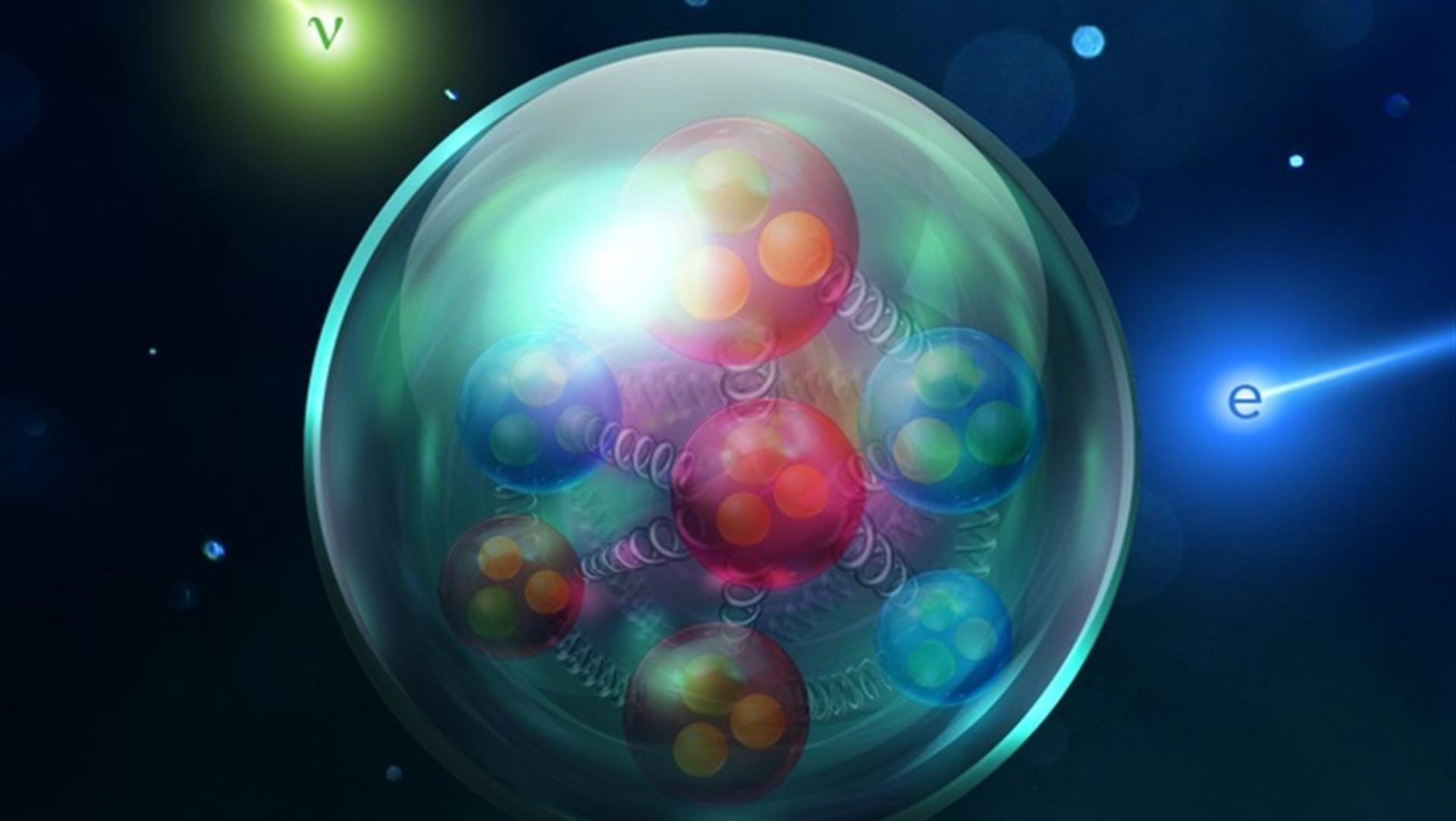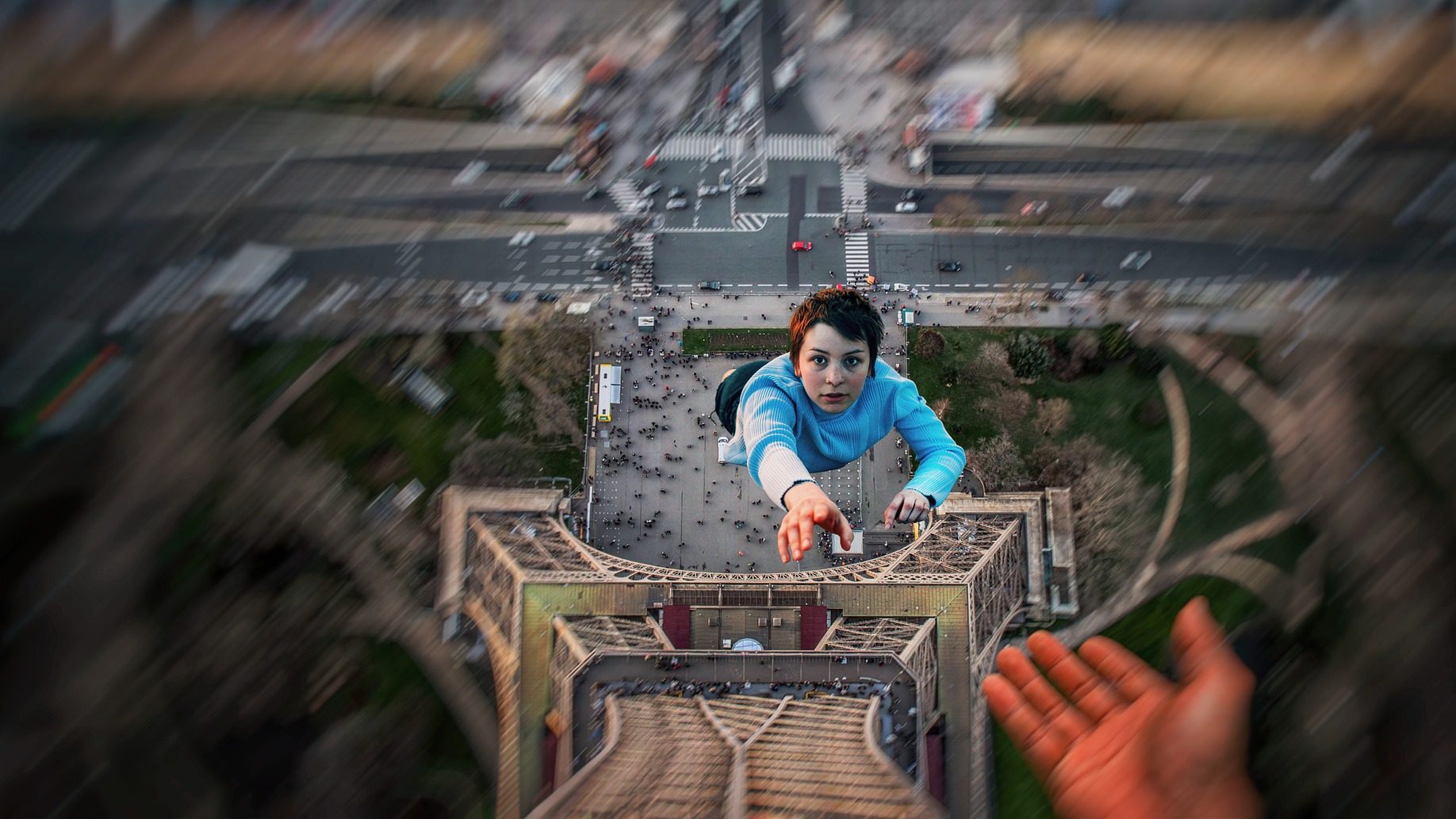Guilt is never one-dimensional, Dovey says, and complicity always complicates how it’s distributed.
Question: What is power?
Dovey: What is power? Well I suppose I would go on __________ that we are all caught in webs of . . . of power that we are perhaps not even aware of; and that whether we like it or not, we are always in a hierarchy of power where we are both sort of being . . . submitting to it and enforcing it ourselves. And I was interested in this . . . the nebulous nature of power and complicity, in a sense that guilt is never one dimensional; and that you know I think in this day and age it’s . . . the concept of evil is talked about in these sort of black and white terms. But there’s a lot of, you know, very interesting theorists who have looked at the concept of evil; and how the banality of evil ___________ would say; or the sense that, you know, ordinary people are capable of extraordinary evil things. So it’s that sense of the kind of the leading of power __________. Yeah we all are . . . In every single act that we do, we are somehow complicit in all sorts of things. And I guess that brings up the issue of whether we are more accountable for the sins of commission or omission. And I’m not sure anyone really answers that question.
Question: What does complicity say about us?
Dovey: I guess it’s part . . . It’s part of the human condition that we go through life hurting people; and that, you know, we can’t get away from it. But you know I think it particularly comes to a head in this age of globalization where we are really connected in all these myriad ways that are often invisible to us. And so we’ve, in many ways, I think lost sense and lost sight of the structures within which we live. And that’s the . . . You know that’s truly the . . . It’s a dangerous road to go down I think where we’ve lost touch, you know, not just from . . . We’ve become alienated certainly from the means of production, but I think also from . . . As a result we’ve become less and less accountable for the things we do, because they are more and more hidden from us. And I feel this a lot in America because, you know, having sort of lived here now through this . . . this war in Iraq, and having seen really nothing change at a day-to-day level living your life in a country that’s at war . . . And that’s a particularly American thing, right? There’s never been conflict on this piece of land except for the Civil War. But it’s that sense that these things can be done in our names, and yet so invisible to us and makes you seek them out so that we get lulled into a sense of complacency and our true . . . the blood that’s on our hands is, you know . . . we don’t see it. But I do think it still has a corrupting effect; and that we can’t help but have your moral compass start to go awry when these sorts of things are being done in your name, whether you know it or not.
Question: What is reasonable to expect of an individual?
Dovey: I wouldn’t presume to say that for anyone else. I think it truly is an individual decision where, you know, we all are placed on a spectrum of wrongdoing. And we’ve got to figure out our own set of individual limits along that spectrum. And that’s the difficulty, because the moment you have anybody else assert the right to make that kind of decision for another human being, you’re disregarding a kind of autonomy of decision making that is, you know, a fundamental human right I think. So I would be very suspicious of anyone who would presume to make those decisions for . . . for other people. But I do think there are institutions in a society that help us make the right kinds of decisions. So having a healthy, and robust, and independent media, for example, is crucial to allowing people to really have the tools to make those kinds of decisions; and have the information about these decisions that are being made in their name; and then make an informed choice as to where our next spectrum of ___________ may prepare to place themselves; and how far they’re prepared to go. And I think when you start losing that, then we’re really . . . we’re really in trouble. Because then we’ve got no other way to gauge our impact on the world.





